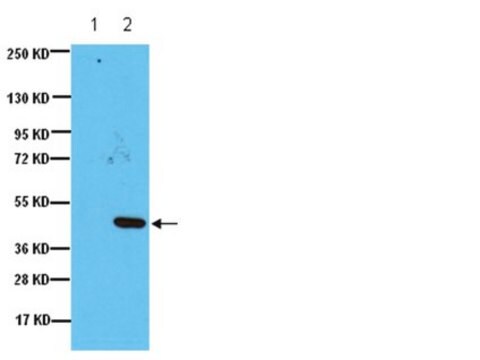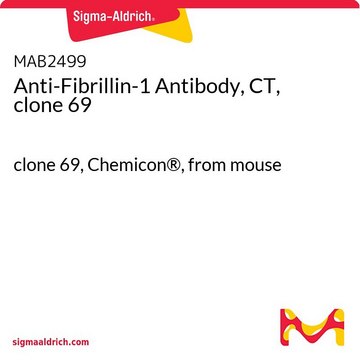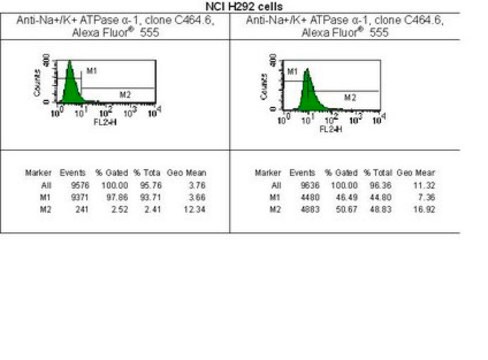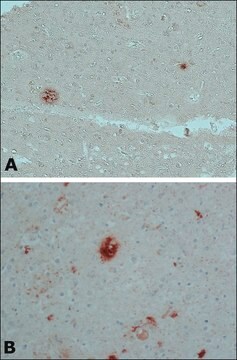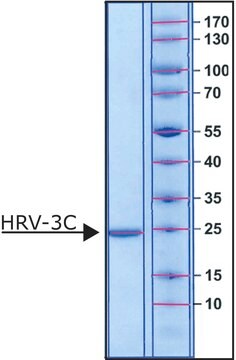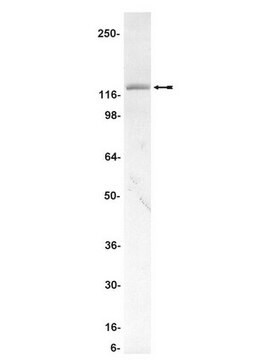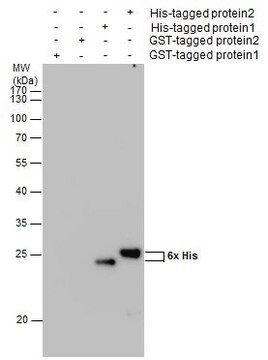MAB5412
Anti-Indoleamine 2,3-dioxygenase Antibody, clone 10.1
clone 10.1, Chemicon®, from mouse
Synonym(s):
Indoleamine-pyrrole 2,3-dioxygenase
About This Item
Recommended Products
biological source
mouse
Quality Level
antibody form
purified immunoglobulin
antibody product type
primary antibodies
clone
10.1, monoclonal
species reactivity
human
species reactivity (predicted by homology)
mouse, rat
manufacturer/tradename
Chemicon®
technique(s)
immunohistochemistry: suitable
western blot: suitable
isotype
IgG3
NCBI accession no.
UniProt accession no.
shipped in
wet ice
target post-translational modification
unmodified
Gene Information
human ... IDO1(3620)
General description
Specificity
Immunogen
Application
A previous lot of this antibody worked on lightly fixed tissues; Triton X-100 treatment only in the block, not with primary antibody. High temperature antigen retrieval is recommended.
Western blot:
Recognizes a 42-45kDa band in IFN-gamma treated human HeLa cell lines. Mouse IDO runs slightly smaller in blots than human IDO.
Optimal working dilutions must be determined by end user.
Inflammation & Immunology
Inflammation & Autoimmune Mechanisms
Quality
Western blot:
1:500 dilution of this lot detected IDO on 10 μg of untreated and IFN gamma treated HeLa lysates.
Target description
Linkage
Physical form
Storage and Stability
Analysis Note
IFN-gamma stimulated human peripheral blood lymphocytes, HeLa lysates.
Other Notes
Legal Information
Disclaimer
Not finding the right product?
Try our Product Selector Tool.
Storage Class Code
10 - Combustible liquids
WGK
WGK 2
Flash Point(F)
Not applicable
Flash Point(C)
Not applicable
Certificates of Analysis (COA)
Search for Certificates of Analysis (COA) by entering the products Lot/Batch Number. Lot and Batch Numbers can be found on a product’s label following the words ‘Lot’ or ‘Batch’.
Already Own This Product?
Find documentation for the products that you have recently purchased in the Document Library.
Our team of scientists has experience in all areas of research including Life Science, Material Science, Chemical Synthesis, Chromatography, Analytical and many others.
Contact Technical Service